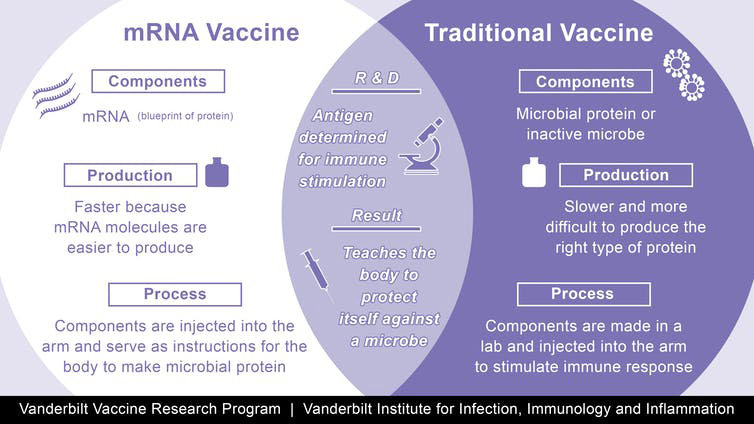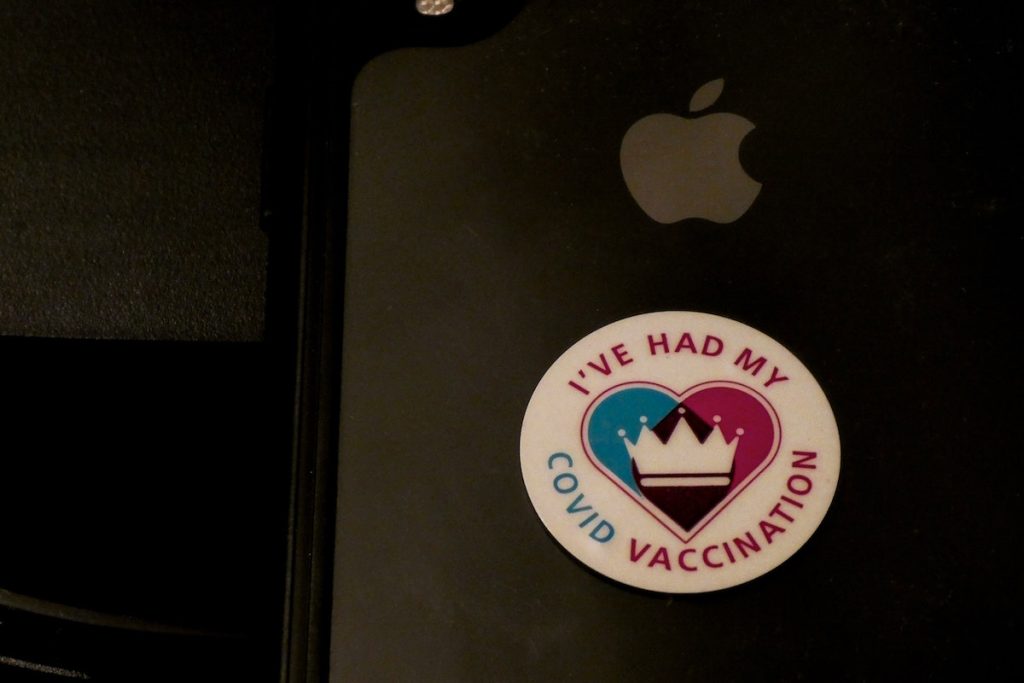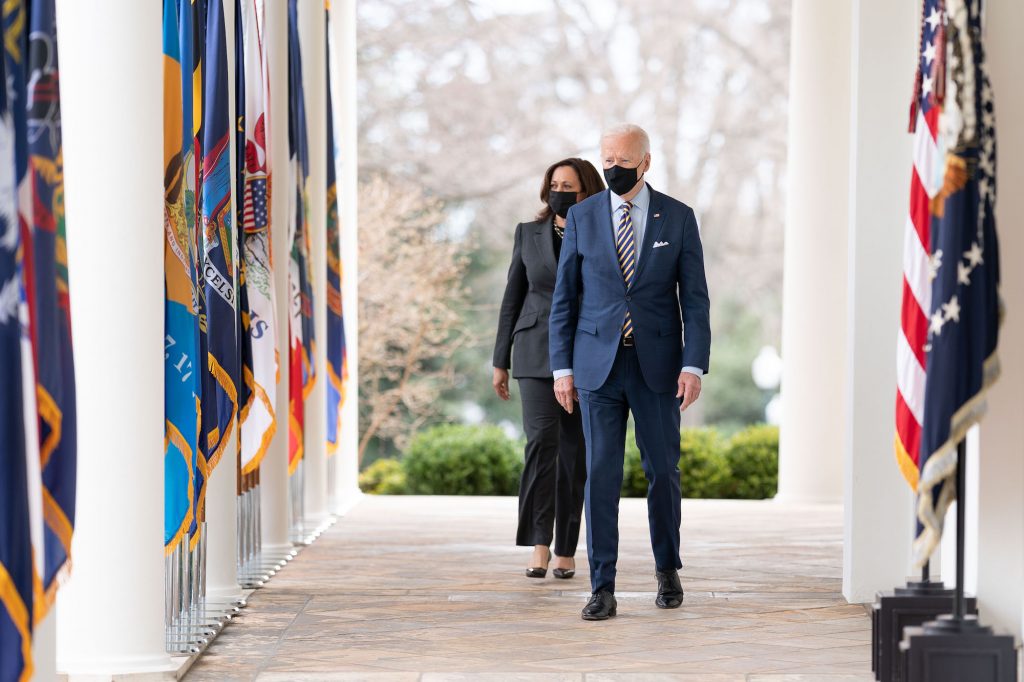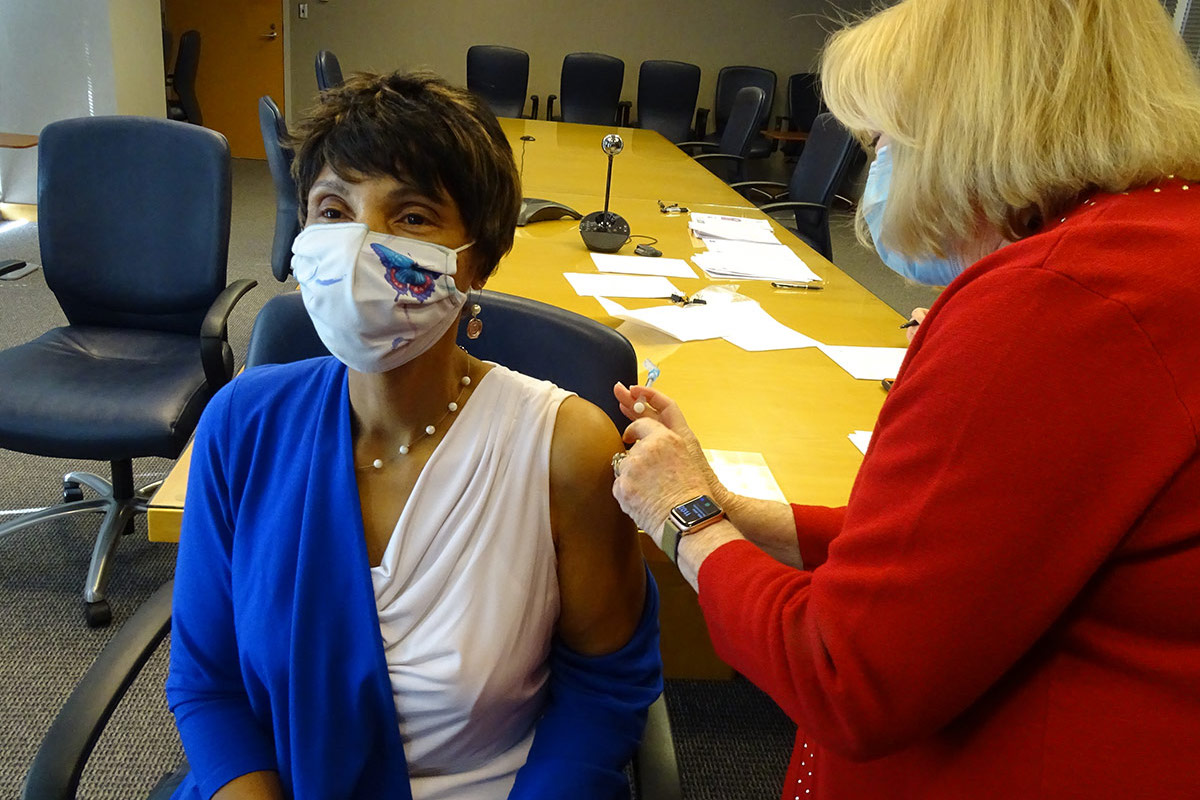Despite a growing concern about the COVID-19 vaccine, especially among Black women, the consensus still remains that the risks associated with contracting the COVID-19 virus far outweigh the risks of taking a vaccine.
A special April Black Coalition Against COVID town hall shed more light was shed on this topic. This intergenerational event featured a panel of Black sorority sisters, doctors representing each sorority group, and host and TV personality Loni Love. Special guests included U.S. Surgeon General Dr. Vivek Murthy and Dr. Marcella Nunez-Smith, chairwoman of the US COVID-19 Health Equity Task Force.
The United States’ goal to vaccinate more Black Americans suffered a setback according to recent reports that documented 15 cases, mostly women, known to have suffered blood clots after taking the Johnson & Johnson vaccine. Although these were rare cases out of more than 7 million people who have taken the J&J vaccine, Dr. Nunez-Smith said it’s important that federal regulators investigate the vaccine to ensure its safety.
“The chances of these complications from the Johnson & Johnson vaccine are extremely rare,” Dr. Nunez-Smith SAID. “Despite these low risks, we see this precaution still put into place. This also speaks to the constant monitoring that continues in order to ensure the utmost safety.”
With the J&J vaccine deemed safe and the pause lifted, the company agreed to put a warning label on the vaccine in the United States similar to what the European Medicine Agency recommended to warn potential users of the rare possibility of blood clots.
Now that the Moderna, Pfizer and J&J vaccines are available for every adult in the United States, health officials are encouraging Black Americans to get vaccinated as soon as possible. “The benefits still outweigh the risks of contracting the virus. The safety profile of the Moderna and Pfizer vaccine still remains strong,” Dr. Murthy said.
Black Women’s Vaccine Reluctance
A recent study by the Kaiser Family Foundation found that about one in five (19%) Black women in the United States say they “definitely will not” get vaccinated for COVID-19, which is a larger share than Black men (7%). This greater reluctance among Black women includes pregnant women who are concerned about experiencing serious side effects including infertility.

Dr. Jones dispelled the myth that the vaccines have a causal effect on Black women’s pregnancy losses. “There is no data supporting a direct connection between pregnancy loss and the vaccine,” Dr. Jones said. “The questioning of some Black women is derived from the belief about their cellular levels and how their body may react to the vaccine as part of the immune system. These theories are all ‘urban legend ’ and have not been validated,” Dr. Jones added.
After providing some key information to help slow the spread of COVID-19, Dr. Murthy offered some encouragement to help save Black lives. “This is a people-powered movement. That’s how we are getting our lives back,” he said. “Black women can take the lead and be at the forefront of putting life back into communities. We can do this!”
In the BCAC’s sequel intergenerational, “Calling All Brothers” event, 15 fraternity brothers answered the call, along with Dr. Cameron Webb of the White House COVID-19 Response Team, for a conversation about COVID-19 and the vaccines. Actor Laz Alonso hosted the event on Facebook Live.
‘Twin-demics’ of COVID-19 and Anti-Black Violence
This town hall occurred exactly 455 days since the first COVID-19 case was documented in the United States. The virus has now taken the lives of more than 596,059 Americans.
Dr. Webb reminded the audience of more than 246,000 viewers that it was also only two hours after three guilty verdicts were handed down in the court case of former Minneapolis police officer Derek Chauvin who murdered George Floyd last spring. Dr. Webb said we can’t have a conversation about COVID without discussing social injustice that also continues to ravage our Black communities across the country.
“These twin-demics have been playing out over not just the last year and some change, but over the history of this nation,” Dr. Webb said. “This is a really important moment for us to lean in and recognize with the same kind of advocacy, the same kind of passion, the same kind of energy that goes into addressing the racial injustice that’s in our criminal justice system, has to go into our community’s response to this pandemic.”
Dr. Webb stressed the importance of encouraging more Black Americans to get vaccinated by helping them trust and understand the science that has gone into developing the vaccines. That’s what he has done to encourage his parents, wife and five siblings to get vaccinated, he said, adding that he wouldn’t have recommended the vaccines to his family if he didn’t believe they were safe and efficacious.
“With all of my medical training, there’s not a single, solitary chance that I would let these people I love so much take a vaccine if I didn’t trust it wholeheartedly based on the science,” he said. “The fact is, all of my family members have taken one of the three vaccines and got a life-saving vaccine, got a vaccine that will get us closer to spending the holidays together this year. That is a big deal.”
Trajectories of the Pandemic and of Lives

Getting over the effects of the pandemic has also been a constant struggle for some of the college undergraduate Black fraternity brothers, the next generation of leaders who joined the conversation. Evan Jackson of the Kappa Alpha Psi Fraternity said his friends on campus are finally getting to a better place since COVID-19 made its way to the United States in the late winter of 2019-2020.
“That shock is something that we’re just now getting over,” Jackson said. “On the flip side of that, it led to a lot of good planning, folks going home, having time to really think, take a step back, and think about what’s important as well as what they want to see in the world and figure out their trajectory.”
Jackson asked Dr. Webb about the current trajectory of the J&J vaccine, which has been returned to the pathway of fighting the pandemic after a 10-day pause. Dr. Webb said the recent pause of the vaccine was good news for Black communities as well as great evidence of how committed the Biden-Harris administration is to vaccine safety.
“The whole effort is about saving lives. The whole effort is about keeping people healthy,” Dr. Webb said. “So, we want to take the time to investigate that. It is a safe vaccine. I want to be really clear on that. What this pause has allowed us to do is get a sense of exactly who is at risk for this extraordinarily rare side effect. But just trust, it’s not going to be available unless we believe that it’s safe.”
Herd Immunity by Fall?
With our country once again having three safe and efficacious vaccines, a recent report from the Centers for Disease Control and Prevention (CDC) emphasizes that fully vaccinated Americans don’t need to wear masks outdoors in small crowds, as we inch closer toward reaching herd immunity. Dr. Anthony Fauci, chief medical adviser to President Biden, predicts herd immunity could happen by the end of this summer or early fall.

Dr. Webb joked that his broken COVID-19 crystal ball won’t allow him to predict the future. But he reminded us that it’s too early to throw away our masks, and he stressed thyat continuing to follow the public-health safety measures will drive our Black communities back to the things that we hold dear.
“This is the time to double down. This is the time to maintain our discipline,” Dr. Webb said. “More than 50 percent of adults (in the U.S.) have had at least one shot of this vaccine. One third are fully vaccinated. If we lean in now, and finish the job, we will get through this.”
Host Laz Alonso capped the two days of insightful engagement with words of encouragement and solidarity for all Black communities. “Keep wearing your masks. Go get your vaccine,” Alonso said. “Don’t be afraid of this thing. We are stronger than this. We as a Black community have survived way more, and we will survive this.”
To see a replay of these BCAC Facebook Live events in their entirety and for information about upcoming events, please visit Black Doctor.Org on Facebook (for the sorority event) and Black Doctor.org on Facebook (for the fraternity event). For COVID-19 information, health and wellness information, please head to Black Doctor.Org, the world’s largest and most comprehensive online health resource specifically targeted at African Americans.
For more information about COVID-19, health, and wellness, you can also visit Black Coalition Against COVID-19, a key health resource for African Americans.
This MFP Voices essay does not necessarily represent the views of the Mississippi Free Press, its staff or board members. To submit an essay for the MFP Voices section, send up to 1,200 words and factcheck information to azia@mississippifreepress.com. We welcome a wide variety of viewpoints.





